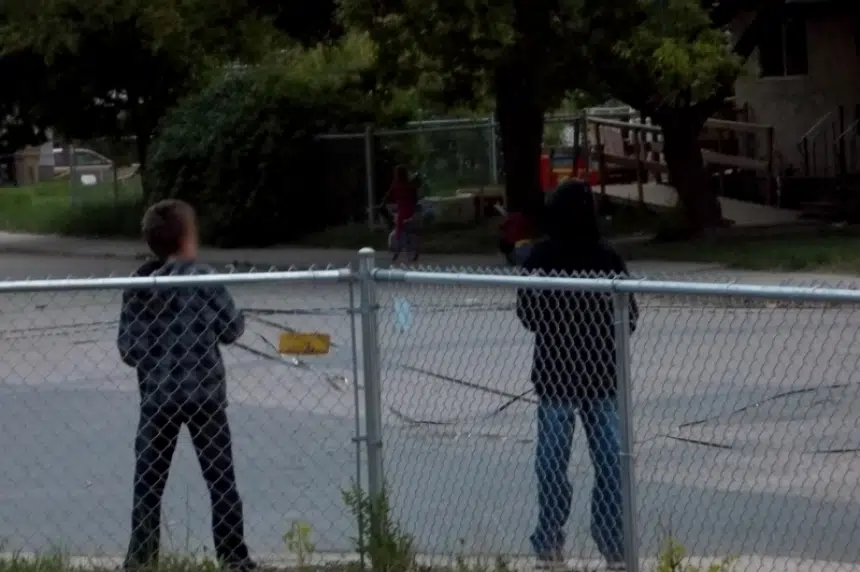This weekend, the Regina Police Service (RPS) charged two teenagers for serious crimes, but every day a different police program is helping kids at risk turn away from crime.
Lance Dudar is a former Regina police officer who helped set up the 11 & Under Initiative in 2010 to prevent crime by getting to kids at an early age. This year, he is excited to begin phasing in an expanded intervention program for kids ages 12 to 18.
“We see tremendous results with our young kids and the earlier we get to them, the more success we have,” Dudar said.
Dudar says it’s a natural progression for the program because some young people turning 12 weren’t ready to leave. However, the program couldn’t handle the capacity. He said they worked to set up transition support but in the end, they had to turn them away.
“That left everybody with sort of a pit in their stomach. We knew they weren’t ready. We knew where that would likely end up,” he said. “So we put our heads together and started thinking about where we go next and the natural progression was a 12 and up.”
The program works in collaboration with RPS, school divisions and provincial government ministries including Social Services to identify kids at risk of getting involved with crime or becoming victims of crime. Dudar says an example would be a kid who shows sudden changes in behaviour like bullying other kids on the playground or missing a lot of school. The initiative works to match those kids to positive social activities and sometimes counseling.
“We’re talking about kids for the most part who are under the age of 12 and don’t fall within the Youth Criminal Justice Act,” Dudar explained. “So we want to get to these young people before they do get involved, and try to get things in place so they don’t get involved.”
“The earlier we get to them, the more success we have.” — Lance Dudar
In five years, the 11 and Under Initiative has grown beyond Dudar’s expectations. He says the program is currently helping 93 kids and their families. One of his favourite success stories is of a little boy who was referred through the school program because he had only attended four months of school in a four-year time span.
“It gets to a point where the young person gets so far behind that they can’t survive in a school setting anymore, and the parents see that and they don’t want to torture their kids,” he said.
“We got involved with that young person and over the course of eight or ten months, we worked pretty closely and set him up with some programming and as a result, by the end of the year that person was attending school regularly.”
From boxing to art class and even horseback riding, Dudar says they will try just about anything to help kids focus on a positive social activity and they work with many different community programs to do that.
Dudar says he understands the public knee-jerk reaction is often to blame the parents and call for harsher punishments. He was a police officer for 28 years, and he admits it was a question he often asked himself.
“Why is this happening? Where are the parents? Where is the Youth Criminal Justice Act,” he said. “But it’s not that simple. Really, it’s just some folks don’t have the means to get done what needs to be done. But it’s clear that everybody wants the best for their kids.”
He admits it can be a challenge to build trust with parents to get consent for the program, but in the end, 95 per cent of the families they contact do sign up.
Dudar said studies on similar programs in Canada show that every kid who stays out of the system saves the government $88,000 per year. Now they are working with 93 kids and their families, Dudar expects that number could double as they begin to help kids older than 12.







